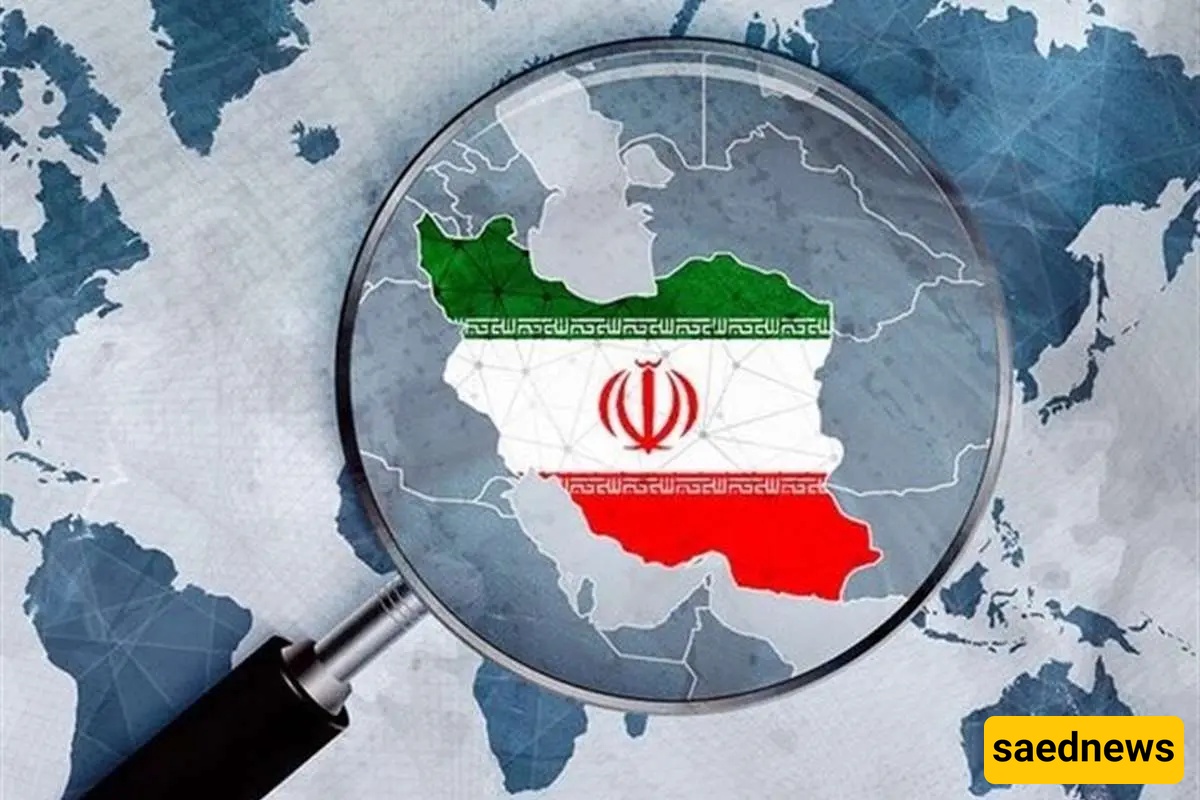SAEDNEWS: As tensions escalate between Iran and Israel, Iran cautiously avoids targeting U.S. bases in the Gulf to preserve its growing ties with Arab neighbors — a relationship undergoing transformation driven by shifting regional dynamics and evolving geopolitical calculations.

According to Saed News, Iran’s relations with Arab countries are at a critical juncture shaped by recent geopolitical upheavals. Despite intensified conflict in the region, Iran has so far refrained from striking U.S. military installations in the Persian Gulf, signaling a strategic desire to maintain and deepen its expanding regional partnerships.
The recent conflict involving Israel and Iran has forced Washington to navigate between competing Middle Eastern paradigms. Whereas Arab states have increasingly pursued integration and coexistence with Iran, aiming to stabilize the region, Israel remains staunchly opposed to any unified Iranian presence.
Long before Israel’s unprecedented strike on June 13, 2024, efforts were underway to build regional integration. A pivotal moment occurred on September 14, 2019, when attacks on Saudi Arabia’s oil infrastructure — responsible for nearly half of the kingdom’s output — shocked the Gulf. Washington’s muted response revealed to Gulf nations their vulnerability and hesitance to rely fully on U.S. protection, accelerating rapprochement efforts such as the resumption of Saudi-Iranian diplomatic ties on March 10, 2023.
This thaw has persisted despite ongoing tensions. A month after Iran’s first direct military engagement with Israel, senior Gulf officials, including Saudi Arabia’s foreign minister and key Arab diplomats, attended the funeral of Iran’s president following a helicopter crash — a highly symbolic gesture. Subsequently, Iranian Foreign Minister Abbas Araghchi’s visit to Saudi Arabia in October 2024, the first joint naval exercises between Riyadh and Tehran, and Bahrain’s attempts to mend relations reflect this cautious warming.
Interviews with Gulf strategists indicate negotiations continue amid nuclear and military tensions, driven by aspirations to establish a new regional order. Gulf states prioritize reducing conflict, fostering growth and diversification, and deepening economic ties both regionally and globally. Preventing outright confrontation with Iran, and bolstering engagement, have become core to the Gulf’s vision — with the belief that the past three years of rapprochement have yielded more benefits than the previous three decades of estrangement.
Before recent attacks, Gulf negotiators were focused on ensuring successful talks, with some analysts in Oman predicting Iran might offer an ambitious agenda, including major economic agreements and investment opportunities involving the U.S. The visit of former President Donald Trump to the region further fueled hopes for a breakthrough heralding a new era.
However, following Israeli and U.S. strikes on Iranian targets, Gulf states issued sharply critical statements — notably Saudi Arabia condemned Israel’s “brutal” assault on “our brothers in the Islamic Republic of Iran.” Qatar, the UAE, and Oman also denounced Israel’s actions, marking a significant departure from their previous hardline stance demanding swift U.S. strikes on Iran’s nuclear sites.

